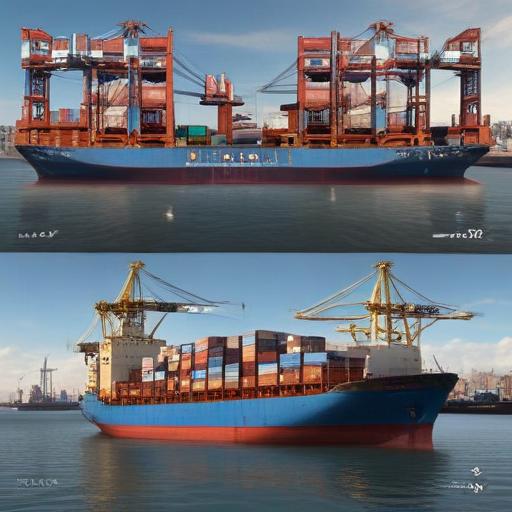The Brazilian trade and agricultural sectors posted solid gains in the first half of 2025, with port movements hitting a new half-year high and livestock and dairy activity showing positive momentum. The data reflect overall growth across transport, farming and small business activity, underscoring a resilient domestic economy.
Ports
The maritime sector moved about 653.7 million tonnes of cargo in the first half of 2025, up 1.02% from the same period a year earlier. This marks the strongest six-month volume on record since the series began in 2010. June alone handled 120.4 million tonnes, a new record for the month.
Slaughter and agriculture
Slaughter activity for cattle, pigs and chickens rose in the second quarter of 2025 compared with both the same quarter in 2024 and the first quarter of 2025. Production of eggs and milk purchases also increased in both comparisons, while leather procurement rose versus Q2 2024 but slipped versus Q1 2025.
Cattle
Cattle slaughter grew 3.3% in Q2 2025 year over year, and 5.4% quarter over quarter, reaching 10.40 million head. This equated to about 2.63 million tonnes of beef carcass, up 1% from Q2 2024 and 6% from Q1 2025.
Milk
Raw milk purchases climbed 9.3% compared with Q2 2024, totaling 6.50 billion litres in Q2 2025. The rise stands at 9.3% year over year and 0.1% quarter over quarter.
Small businesses
Brazil opened 433,000 new small businesses in July, with microentrepreneurs (MEI), microenterprises and small enterprises together accounting for 96.3% of all registrations that month. The result marks the best performance for small businesses since March, according to Sebrae.
Cumulative openings
From January to July, 3.1 million new companies were established in the country. Small businesses accounted for 96.9% of the total, distributed as MEI (77.2%), ME (18.7%) and EPP (4.1%).
Apiculture
Codevasf authorized the construction of a “Casa do Mel” (Honey House) in Traipu, in Alagoas’ sertão. The project carries an investment of R$455 thousand and is part of a broader package of regional infrastructure and development works totaling R$23.3 million announced for the state.
Commentary and outlook
The first-half records in port activity, combined with continued growth in cattle slaughter and milk intake, point to ongoing strength in Brazil’s export and agricultural supply chains. The July surge in new small businesses suggests broad entrepreneurial momentum across the economy, which can support job creation and regional development, especially in rural areas. The beekeeping project signals targeted investments in agricultural diversification and local value chains.
If the current trends persist, Brazil could see further improvements in export capacity, farm incomes, and rural development, while the emphasis on small businesses may help sustain consumer-led growth and innovation across regions.
